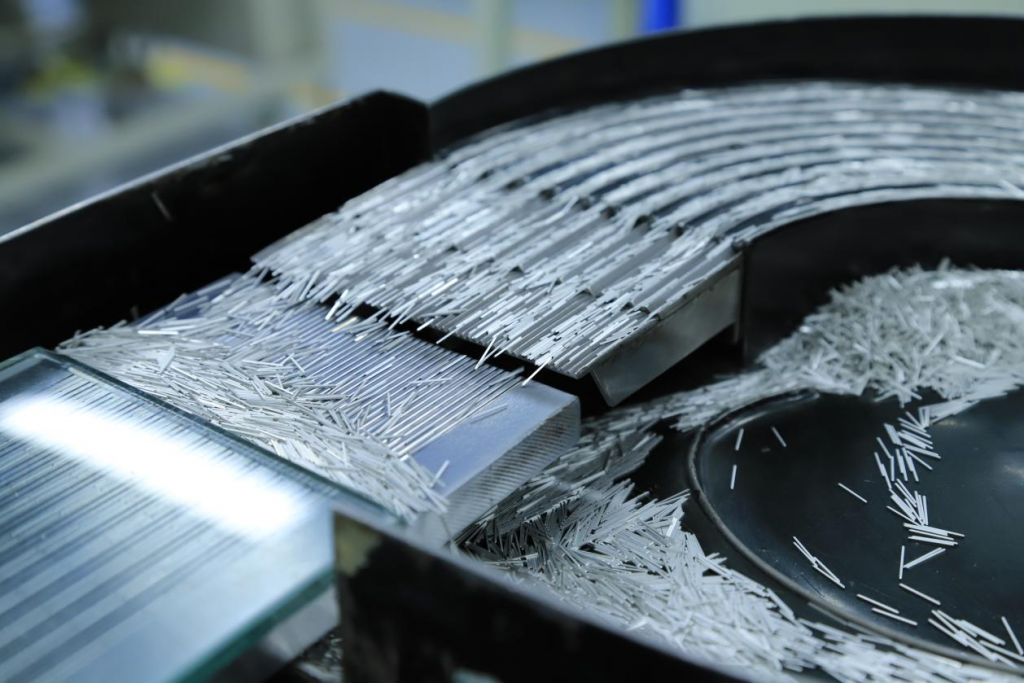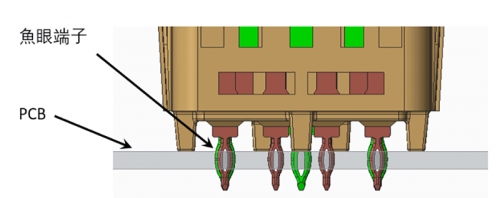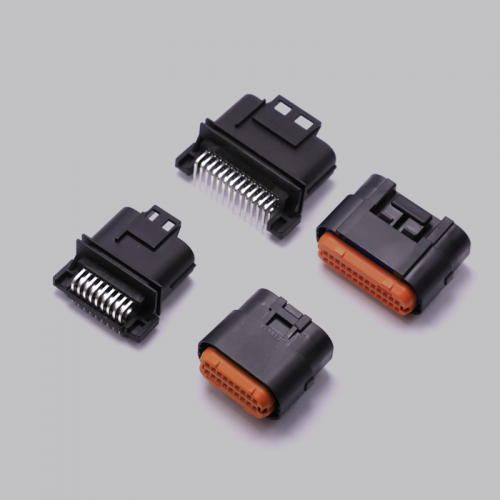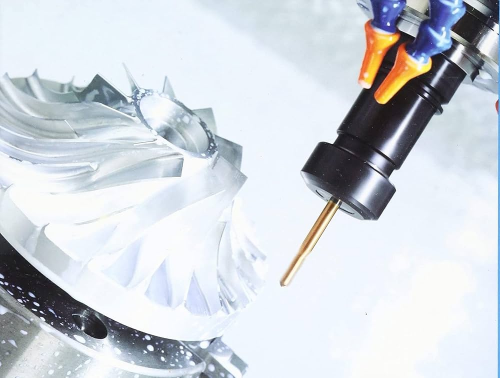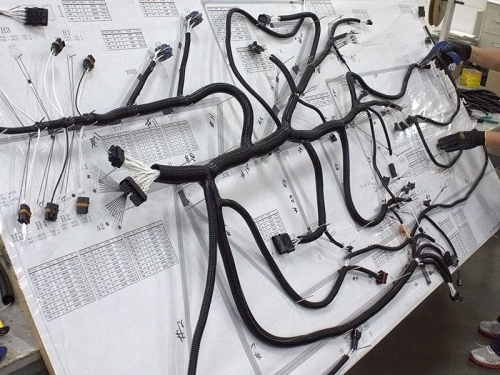The standards for connector pins mainly include the following four aspects:
Size Standards
Length: The length of a connector pin is the distance from the end of the pin to the head of the pin. The length standard usually includes a tolerance range to ensure that connector pins produced in different batches can be used interchangeably.
Diameter: The diameter of a connector pin refers to the thickness of the pin. The diameter standard usually includes a tolerance range to ensure that connector pins produced in different batches can be used interchangeably.
Shape: The shapes of connector pins usually include straight pins, curved pins, forked pins, etc. The shape standard mainly stipulates the outer contour of the pin to ensure that the connector pin can be correctly inserted into the socket.
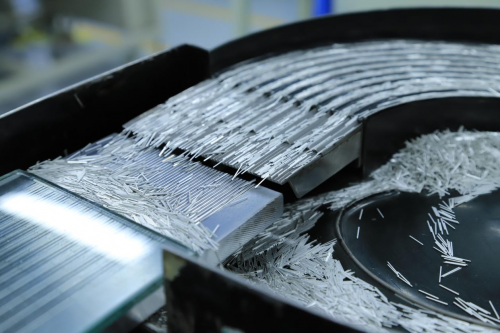
Material Standards
Conductive materials: Commonly used conductive materials include brass, phosphor bronze, beryllium copper, etc. The selection of these materials needs to consider factors such as their conductivity, corrosion resistance, and processing performance.
Insulating materials: Commonly used insulating materials include polytetrafluoroethylene (PTFE), nylon, epoxy resin, etc. The selection of these materials needs to consider factors such as their insulation properties, heat resistance, and pressure resistance.
Surface treatment standards
Plating: Plating usually adopts methods such as gold plating, silver plating, tin plating, etc. to improve the conductivity and corrosion resistance of connector pins. The thickness and uniformity of the plating need to be strictly controlled.
Coating: The coating is usually applied with coatings such as silicone and polyurethane to improve the wear resistance and insulation performance of the connector pins. The thickness and adhesion of the coating need to be strictly controlled.
Performance Test Standards
Contact resistance test : Check the resistance between the connector pin and the socket. The contact resistance value is required to be within the specified range.
Insulation resistance test: Check the insulation performance of connector pins to ensure their safety under high voltage.
Withstand voltage test: Check the withstand voltage performance of the connector pins to ensure their stability under high voltage.
